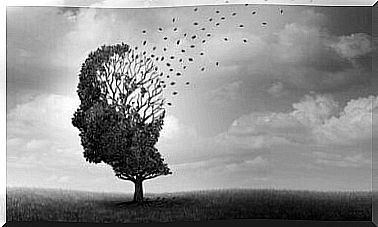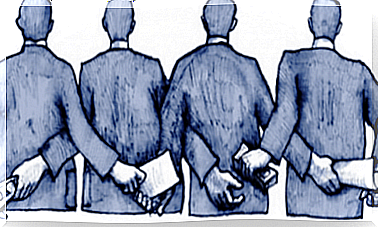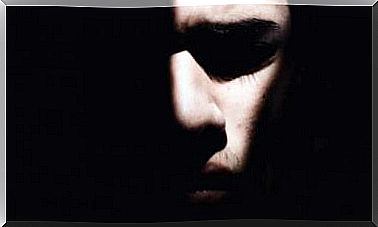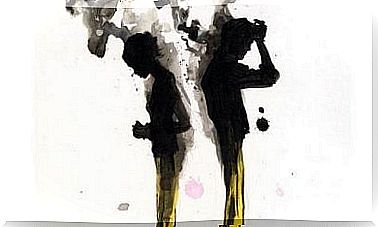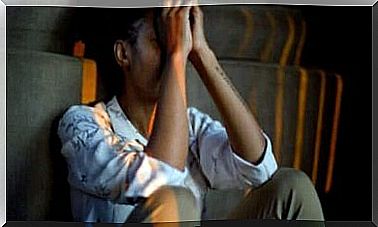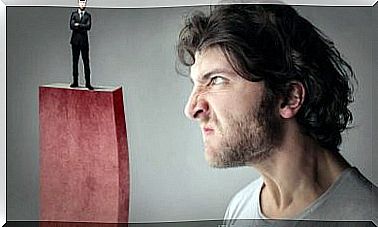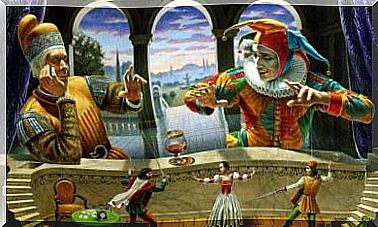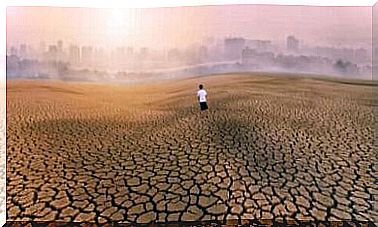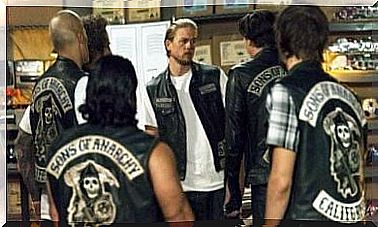John Dewey And His Views On Education
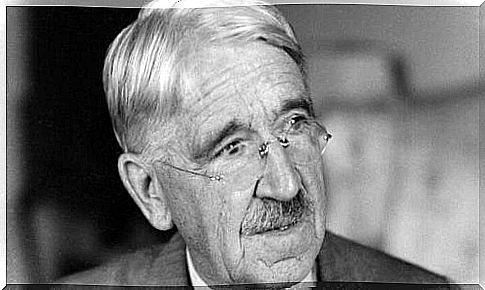
John Dewey (1859-1952) is considered one of the most important educational psychologists in history. His models on the subject of education were part of the pedagogical revolution that took place in the last century. Even today, not all parts of our education system are up to date according to Dewey’s models and contributions.
In this article we will talk about one of John Dewey’s classic works, his book “Experience and Education”. In this book, he presents the synthesis of his thinking around education. John Dewey believed that people should receive an education in democracy in order to find the method of critical thinking in students that would enrich society. To achieve this , Dewey talked about 3 important principles that are important to keep in mind when it comes to education: (a) the continuity of experience, (b) social control and (c) the nature of experience.
The continuity of the experience
John Dewey believed that education and experience have an organic connection. By this he meant to say that our experiences educate us. But this does not mean that all experience is equally educational. Some of our experiences will instead act as obstacles in our development, and thus become ” anti-pedagogical”.
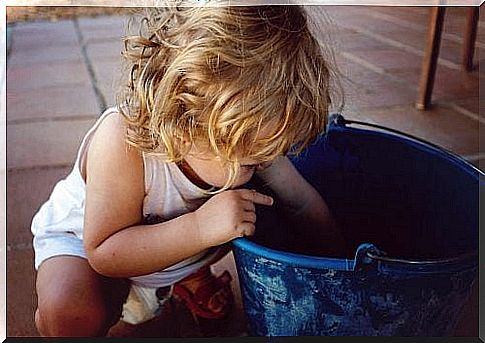
This is where Dewey’s concept of continuity of experience comes into play. An experience is “anti-pedagogical” when it resets or destroys the positive effects of previous experiences. Instead, experiences will enrich education when an experience gives you the tools to face later, potentially challenging experiences. Thus, we achieve a continuous and enriching experience. For Dewey, achieving this continuity in positive experiences is essential to education.
The traditional education used in schools today is full of experiences that hinder this continuity. How many pupils and students find learning boring and annoying? Unfortunately, school today is a source of anxiety for a large proportion of society’s students. This in turn provokes an attitude that makes them reject possible pedagogical experiences, which also breaks the continuity of the experience.
Social control
A single individual cannot learn himself. Other people can facilitate education, especially when it comes to children. Learning is a social process. And because it involves a community, education needs a framework, or rules if you will, to maintain the social control of educational activities. If these rules did not exist, there would be no activity. It would be like trying to play a game without rules. All meaning would disappear.
What standards should these rules be based on and how should they be enforced? The traditional school is based on a lack of fixed regulations that prevent students from deviating from the path, regardless of whether this is more or less correct. John Dewey observed that this type of social control generates a hierarchical relationship between teachers and students. Therefore, it can be said that students become a passive part of their own education.
Dewey believed that social control should come from the situation. A flexible regulation that adapts to the student’s progress. The teachers’ circumstances will also be ideal. It is important to remember that the entire education system must participate in the education. The enforcement of the rules should be a common task for both teachers and students, so that together they can create a school environment that stimulates learning.
The nature of freedom
When we talk about social control and regulations, the concept of freedom also comes up. It may feel like the greater the social control, the less freedom, but that is not entirely true. This will depend on the type of social control exercised and the nature of the freedom that is present. John Dewey divides the concept of freedom into two parts: freedom of movement and freedom of thought.
Freedom of movement is the potential that allows us to perform any type of behavior. The greater the freedom of movement that is present, the greater the range of possible behaviors. Freedom of thought is much more complicated. It is the ability to critically assess a situation and the opportunities that are available to confront it. Thus, the greater the freedom of thought that exists, the more options we have to evaluate to decide what behavior we want to practice.
Both types of freedom do not necessarily have to go hand in hand. In fact, freedom of movement can force freedom of thought, since behavior and thought greatly influence each other. This is exactly what Dewey criticized at progressive schools. He believed that the goal of these schools was the freedom of movement of their students. We should not give full freedom of movement without also considering freedom of thought. Students may be carried away by their impulses and not consider the options presented because of this.
An important aspect associated with this is that freedom should never be a goal. Freedom is an important tool that helps pupils and students to develop. If you give students freedom of thought, they will be able to direct their experiences autonomously towards a pedagogical continuity.
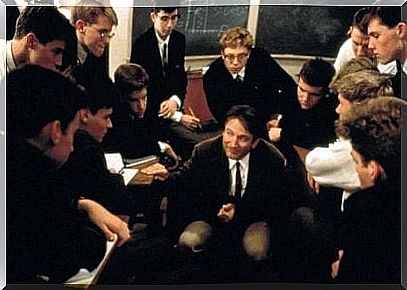
John Dewey and education
John Dewey strongly criticized both traditional and progressive models of education. He saw traditional models as rigid systems with pedagogical goals that were very different from his own democratic principles. Dewey also felt that progressive models fell short of their measures and did not achieve the goals they set.
Dewey never managed to create an ideal educational model. However, he was very clear on the fact that scientific and accurate research in this field was needed to improve the already existing educational models. Research that could help combat the popular speculation, which is still, for unknown reasons, flourishing today.
Through data collection at various schools, we can clearly see what changes are needed. Thus, it becomes a continuous process of application-research-application. And with such an approach, we would take bold steps towards a dignified and genuine education system. The underlying question in this approach is a complicated one. Is our current education based on scientific research, or is it governed by economic and political powers?

